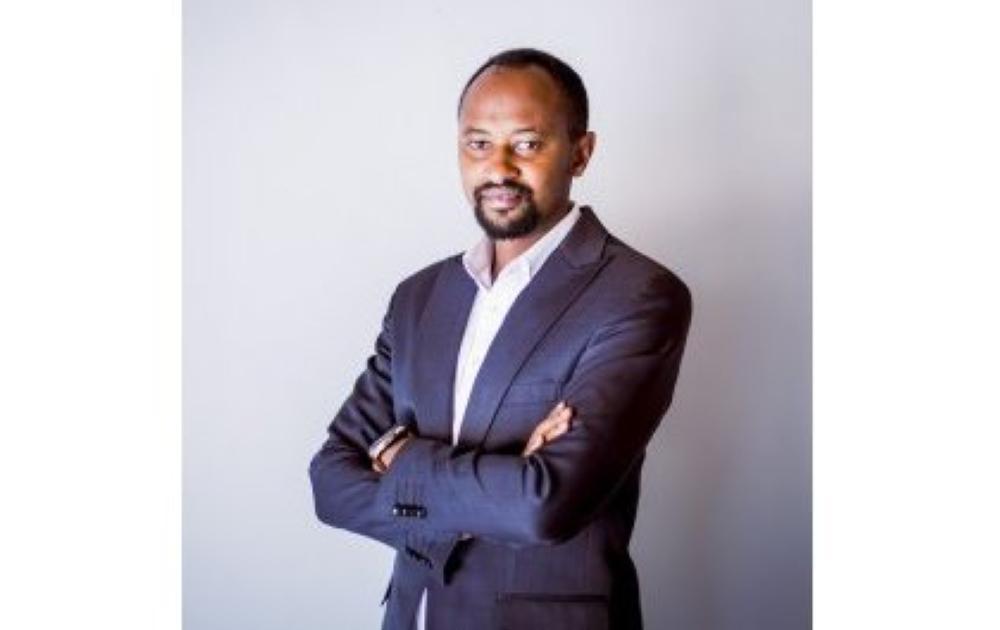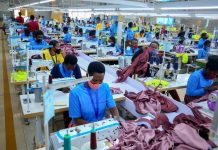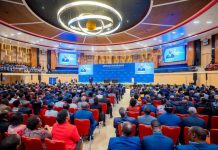Africa-Press – Rwanda. Newly appointed Chief Executive Officer (CEO) of the Rwanda Premier League, Jules Karangwa, has pointed to unfair refereeing as one of the major issues he intends to address when he officially takes office on September 1.
Speaking during an X Space hosted by The New Times under the theme “Rwanda’s Sports Economy: Can Passion Meet Profit?” Karangwa emphasized the need to improve officiating, alongside his broader vision of promoting transparency and increasing football-generated revenue.
While acknowledging that match officials’ allowances contribute to poor officiating, Karangwa noted that solving refereeing issues requires collective efforts involving the Rwanda Football Federation (FERWAFA), the Ministry of Sports, and other stakeholders.
“Officiating is primarily FERWAFA’s responsibility under FIFA statutes, but since we are part of the system, we also have a role to play in finding solutions,” he added.
“Recent concerns about poor officiating are linked to low allowances for match officials. As the league aims to raise more sponsorship funds in partnership with the ministry, we plan to support their monthly payments,” Karangwa said.
Karangwa also mentioned that adopting digital tools like the Video Assistant Referee (VAR) system and spider cameras, recently installed in the newly renovated 45,000-seat Amahoro National Stadium, can help minimize officiating errors and enhance transparency.
On grassroots development, Karangwa emphasized the importance of strengthening community-level football structures to contribute to both talent development and revenue generation. He called on private entities to complement government support by investing more in the local sports sector.
“Beyond international initiatives like the Tony Football Academy and Bayern Munich’s youth program, we need to revise policies that govern such projects and also improve access to sports facilities in communities,” he said.
Karangwa pointed out that access to quality sports infrastructure also depends on the availability of modern equipment. However, the high cost of importing such equipment discourages potential investors.
“Investors trying to import something as simple as a football can face costly charges. This needs to be addressed to ease the development of our sports ecosystem,” he noted.
For More News And Analysis About Rwanda Follow Africa-Press






